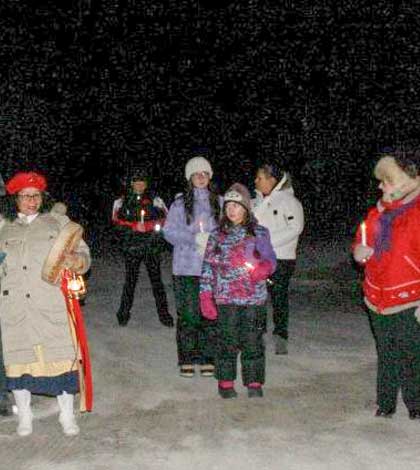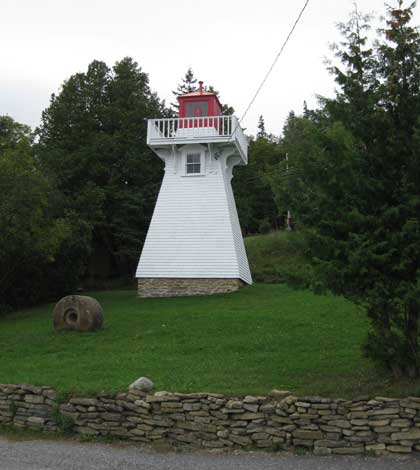MINDEMOYA—On December 6, 1989, in an act of cowardice and rage, engineering student Marc Lepine entered a classroom at Montreal’s Ecole Polytechnique, separated the men from the women and proceeded to shoot and kill females after shouting, “I hate feminists!” The carnage continued as he went from the classroom to the hallways and on to the cafeteria, singling out females until he had murdered 14 women and wounded 10 and also wounded four men. Two years later, the Canadian federal government declared December 6 to be a National Day of Remembrance and Action on Violence Against Women with every Member of Parliament in favour of the bill. This day is also known as White Ribbon Day, an initiative that saw Jack Layton and MP Claude Gravelle of Sudbury as two of the original organizers.
It is to be believed that the so-called Montreal Massacre would lead to a decline in the incidents of abuse against women and children in this country. The reality is much different. Although the deaths resulted in stronger gun control laws, such legislation did not last. Also, it is estimated that there are hundreds of missing and murdered First Nation women in this country and aboriginal leaders count 43 missing and murdered along the Highway of Tears in British Columbia although the RCMP puts the figure at 18. And the gender-based brutality and homicides at home continue.
Brenda Clark, the program manager at Manitoulin Family Resources (MFR) in Mindemoya, is one who sees almost daily the violence women endure as she oversees the shelter that houses women and children who seek to avoid abuse. For several months the shelter has had in excess of 100 percent occupancy and some people had to be referred to other shelters.
“Violence against women and girls affects us all,” Ms. Clark said on December 6 as she prepared to walk with others throughout Mindemoya in a candlelight vigil to mark the day. “It destroys lives and weakens the fabric of our society,” she went on to say, “And over 50 percent of Canadian women will experience one incident of violence in their lives. For the majority, it will be before the age of 25. The devastating count of missing and murdered aboriginal women points to a deep-seated gendered and racialized violence in our culture.”
The candlelight walk marks not only the deaths in Montreal, but also, like the nationwide Take Back the Night marches, raises awareness in the community to the issues of violence against women and children. A good number of people participated in the walk and Ms. Clark, after a brief talk and moment of silence beforehand, asked everyone to remember who they are walking for, whether they had suffered abuse or knew someone who was living with abuse or knew someone who had died at the hands of a violent person. After the walk, she explained those participating would come back to MFR and put their thoughts or names on a Christmas ornament that would go on a decorated tree just outside the shelter. There was also an opportunity for people to decorate a t-shirt with a reflection of personal feelings or words of encouragement for others. These shirts could be taken or donated to MFR. The evening to remember the women in Montreal as well as the women throughout this entire country who face violence ended with a brief social.
Betty Bardswich





